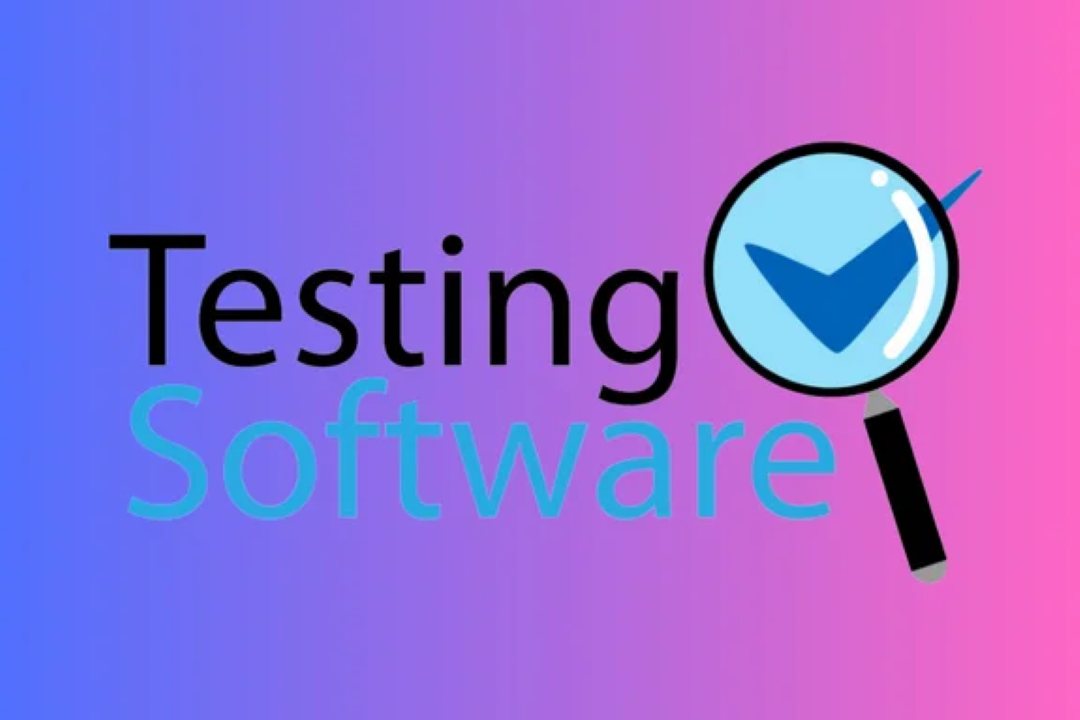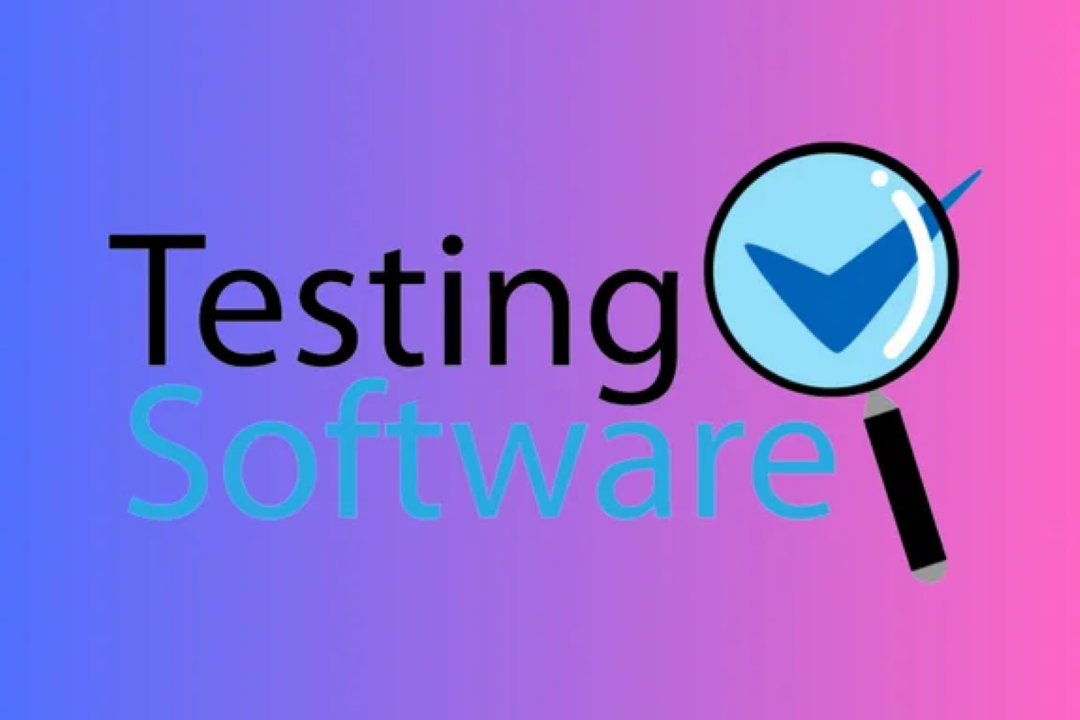Selenium Appium Test Dependency In Pom.Xml
In a Maven project, the `pom.xml` file is used to declare dependencies necessary for the project, in
Selenium Appium Test Dependency In Pom.Xml
Including Selenium and Appium test dependencies in the `pom.xml` file of a Maven project is crucial for automating testing processes for web and mobile applications. By specifying these dependencies, developers can easily manage and integrate the necessary libraries, ensuring that the project has access to the latest features and fixes. This organized approach not only facilitates seamless configuration and setup but also enhances collaboration among team members by providing a consistent testing environment. Ultimately, leveraging these dependencies allows for efficient test automation, improving software quality and accelerating the development lifecycle.
To Download Our Brochure: https://www.justacademy.co/download-brochure-for-free
Message us for more information: +91 9987184296
Including Selenium and Appium test dependencies in the `pom.xml` file of a Maven project is crucial for automating testing processes for web and mobile applications. By specifying these dependencies, developers can easily manage and integrate the necessary libraries, ensuring that the project has access to the latest features and fixes. This organized approach not only facilitates seamless configuration and setup but also enhances collaboration among team members by providing a consistent testing environment. Ultimately, leveraging these dependencies allows for efficient test automation, improving software quality and accelerating the development lifecycle.
Course Overview
The “Selenium Appium Test Dependency in pom.xml” course is designed to equip participants with the essential skills to manage and configure test dependencies for Selenium and Appium within a Maven project. Through a hands-on approach, learners will explore the importance of including the right dependencies in the `pom.xml` file to streamline the setup of automated testing environments for web and mobile applications. The course covers best practices for dependency management, ensuring participants can effectively utilize these powerful tools to enhance their testing processes, improve collaboration, and accelerate project workflows. By the end of the course, participants will have a solid understanding of how to optimize their test automation efforts, leading to higher quality software and improved development efficiency.
Course Description
The “Selenium Appium Test Dependency in pom.xml” course provides a comprehensive overview of configuring and managing test dependencies for Selenium and Appium in Maven projects. Participants will learn how to effectively include and manage necessary dependencies in their `pom.xml` file, ensuring a smooth setup for automated testing of web and mobile applications. This course emphasizes practical, real-world applications and best practices for dependency management, equipping learners with the skills needed to enhance their testing frameworks, streamline project workflows, and improve software quality through effective automation techniques. By the end, participants will confidently navigate Maven dependency management, setting the stage for successful test automation projects.
Key Features
1 - Comprehensive Tool Coverage: Provides hands-on training with a range of industry-standard testing tools, including Selenium, JIRA, LoadRunner, and TestRail.
2) Practical Exercises: Features real-world exercises and case studies to apply tools in various testing scenarios.
3) Interactive Learning: Includes interactive sessions with industry experts for personalized feedback and guidance.
4) Detailed Tutorials: Offers extensive tutorials and documentation on tool functionalities and best practices.
5) Advanced Techniques: Covers both fundamental and advanced techniques for using testing tools effectively.
6) Data Visualization: Integrates tools for visualizing test metrics and results, enhancing data interpretation and decision-making.
7) Tool Integration: Teaches how to integrate testing tools into the software development lifecycle for streamlined workflows.
8) Project-Based Learning: Focuses on project-based learning to build practical skills and create a portfolio of completed tasks.
9) Career Support: Provides resources and support for applying learned skills to real-world job scenarios, including resume building and interview preparation.
10) Up-to-Date Content: Ensures that course materials reflect the latest industry standards and tool updates.
Benefits of taking our course
Functional Tools
1 - Selenium
Selenium is a powerful, widely used open source framework for automating web applications for testing purposes. It supports various browsers, enabling users to execute tests in different environments efficiently. Selenium offers a range of features including the ability to write tests in multiple programming languages like Java, C#, and Python, which allows flexibility based on the team’s expertise. The framework's capability to simulate real user interactions with web applications makes it indispensable for ensuring high quality user experiences. Students will learn how to create and manage Selenium test scripts, including handling dynamic content effectively.
2) Appium
Appium is an open source tool designed for automating mobile applications across various platforms such as Android and iOS. Its architecture allows writing tests in various programming languages, making it versatile and accessible. Appium supports native, hybrid, and mobile web applications, ensuring that developers are able to test applications in environments that mimic real world usage. Trainees will gain hands on experience in setting up Appium, configuring capabilities for mobile devices, and executing tests, which is crucial in the era of mobile first applications.
3) Maven
Maven is a build automation tool primarily used for Java projects that enables effective dependency management and project configuration. In this course, students will learn how to utilize Maven to manage project dependencies, including Selenium and Appium libraries within the `pom.xml` file. This configuration allows for easy updates and maintenance of libraries, ensuring projects are always using the latest and most compatible versions. Understanding how to structure and customize `pom.xml` for project needs will empower students to enhance build processes and improve collaboration in development teams.
4) JUnit/TestNG
JUnit and TestNG are frameworks used for writing and running tests in Java projects. They provide robust structures for implementing test cases, enabling students to organize their testing methods efficiently. The integration of these testing frameworks with Selenium and Appium makes it easy to manage test execution, assert conditions, and generate test reports. Participants will learn how to set up both frameworks, write effective test cases, and understand the flow of test execution within a Maven project, enhancing their ability to troubleshoot and maintain test quality.
5) Git
Git is a version control system that allows teams to collaborate on projects by tracking changes in their codebase. It is essential for managing project files and fostering teamwork, especially in development environments. In this training, students will understand how to leverage Git for version control in their Selenium and Appium automation projects. They'll learn to branch, commit, and merge changes in code, ensuring that team members can work independently and safely before integrating their code into the main project.
6) Continuous Integration Tools (Jenkins, Travis CI)
Tools like Jenkins and Travis CI are designed for continuous integration and continuous delivery (CI/CD) in software development. They automate the process of code testing and deployment, allowing teams to deliver high quality software rapidly. The course will cover how to set up Jenkins or Travis CI to run Selenium and Appium tests automatically upon code commits. By integrating these tools into their workflows, students will gain the skills needed to contribute to agile development practices, ensuring that software is continuously tested and reliable before release.
7) Behavior Driven Development (BDD) with Cucumber
Behavior Driven Development (BDD) is a software development methodology that encourages collaboration among developers, testers, and non technical stakeholders. Cucumber is a popular BDD tool that allows writing tests in a natural language format (Gherkin), enabling better understanding and communication across teams. In this course, students will learn how to write feature files, implement step definitions, and integrate Cucumber with Selenium and Appium for effective testing. This approach enhances test readability and ensures alignment between business requirements and technical implementation.
8) API Testing with Postman
API testing is essential in ensuring that the application’s back end services function correctly before front end applications connect to them. Postman is a user friendly tool widely used for testing RESTful APIs. This course will introduce participants to constructing and running API tests, validating responses, and automating these tests. Understanding API testing is crucial for students engaged in full stack development or those interested in comprehensive testing strategies, bridging the gap between front end and back end components.
9) Mobile Testing Techniques
As mobile applications become increasingly prevalent, understanding mobile testing methodologies is critical. This course will cover essential mobile testing techniques, including testing for various device resolutions, operating system versions, and network conditions. Students will learn how to use strategies like exploratory testing, and performance testing to ensure applications function optimally across diverse scenarios. Additionally, they will explore tools specifically designed for mobile performance and usability testing, thus enhancing their overall testing strategies.
10) Cross Browser Testing with BrowserStack
Cross browser testing ensures that web applications perform consistently across different browsers and operating systems. BrowserStack is a popular cloud based testing platform that provides instant access to multiple browsers and real devices. Students will learn how to integrate BrowserStack with their Selenium tests to perform automated cross browser tests effectively. This integration ensures that applications are user friendly and functional, regardless of the browser used, addressing a key aspect of web application testing.
11 - Test Automation Frameworks
Understanding test automation frameworks is critical for structuring tests efficiently. This course will cover various types of frameworks, including data driven, keyword driven, and hybrid frameworks. Students will learn how to set up their testing frameworks, understand the pros and cons of each type, and how to implement best practices for creating reusable and maintainable test scripts. This knowledge will equip them to design their approaches to test automation strategically.
12) Performance Testing with JMeter
Performance testing is essential to ensure that applications can handle expected loads under various conditions. Apache JMeter is a popular open source tool for performance testing of both web applications and APIs. This module will teach students how to set up JMeter tests to analyze application performance metrics, identify bottlenecks, and generate meaningful reports. Understanding performance testing allows teams to proactively address potential issues before they affect the end user experience.
13) Test Reporting and Analytics
Effective reporting and analytics are crucial for assessing the overall health of the application under test. This course will cover how to generate comprehensive test reports using tools like Allure or ExtentReports, integrating them with Selenium or Appium tests. Students will learn how to analyze test results, identify trends in bug discovery, and enhance communication with stakeholders through clear visualizations. This knowledge empowers teams to make informed decisions regarding deployment and further development efforts.
14) Security Testing Fundamentals
As security becomes increasingly vital in software development, understanding the basics of security testing is essential. This course will introduce students to common vulnerabilities and testing techniques to identify and mitigate security risks. Participants will explore tools like OWASP ZAP for dynamic application security testing (DAST) and how to incorporate security testing into their automation workflows. This training ensures that students are equipped to develop secure applications that protect users' data and privacy.
15) Soft Skills for Automation Test Engineers
Technical skills are essential, but soft skills play a significant role in a successful automation tester's career. This module will focus on key soft skills such as effective communication, teamwork, problem solving, and adaptability. Students will learn how to effectively collaborate with cross functional teams, articulate issues clearly, and manage stakeholder expectations. Developing these soft skills alongside technical expertise will help students build a well rounded career in quality assurance and automation testing.
These additional points provide a more comprehensive overview of the various aspects covered in your certification courses, enhancing the learning experience and ensuring that participants gain a well rounded understanding of both automation and testing frameworks.
Browse our course links : https://www.justacademy.co/all-courses
To Join our FREE DEMO Session:
This information is sourced from JustAcademy
Contact Info:
Roshan Chaturvedi
Message us on Whatsapp: +91 9987184296
Email id: info@justacademy.co
Kotlin Vs Flutter Vs React Native
APPium android ios book buy online









